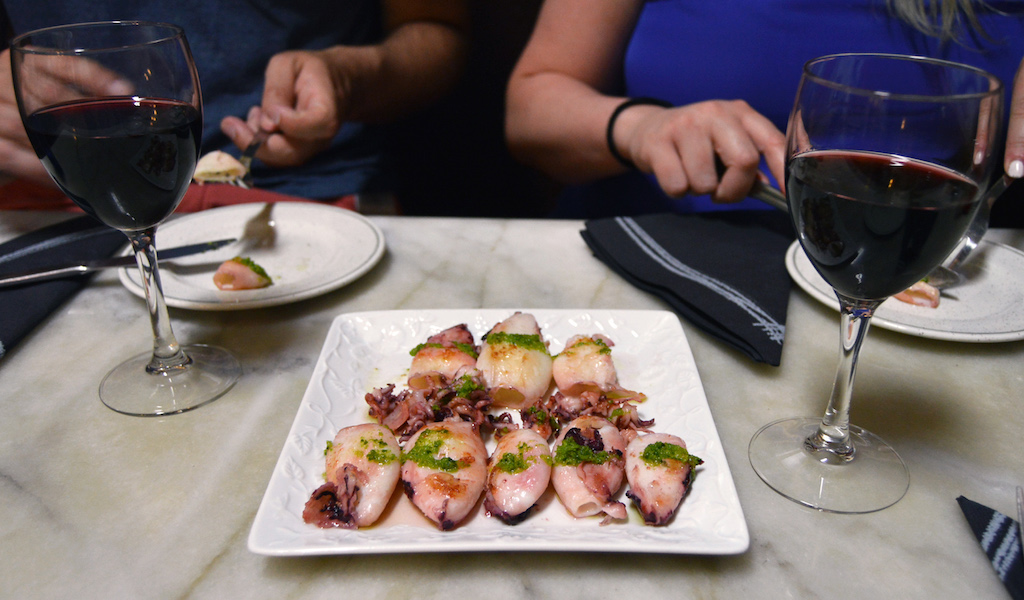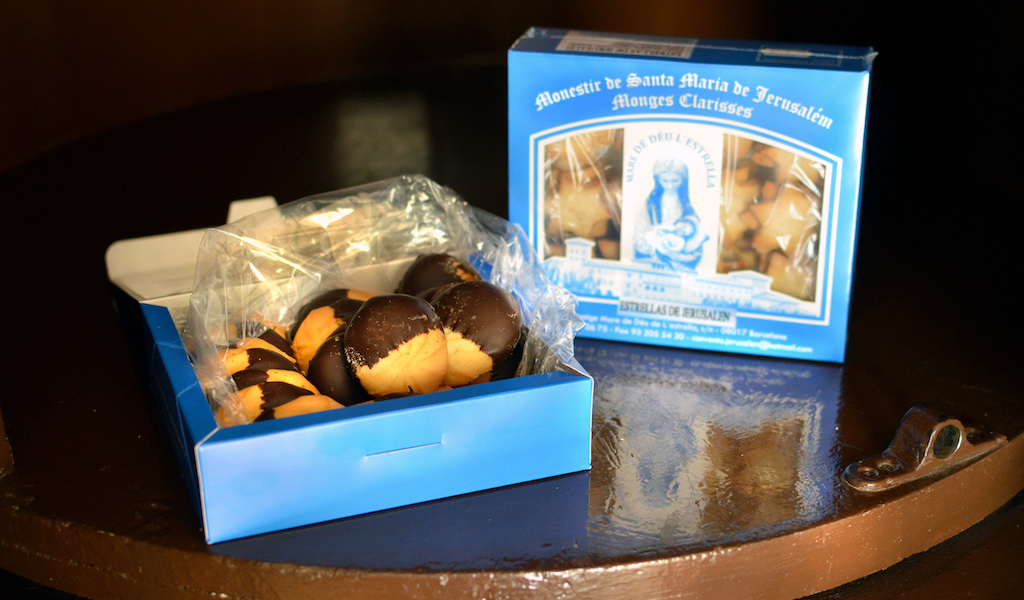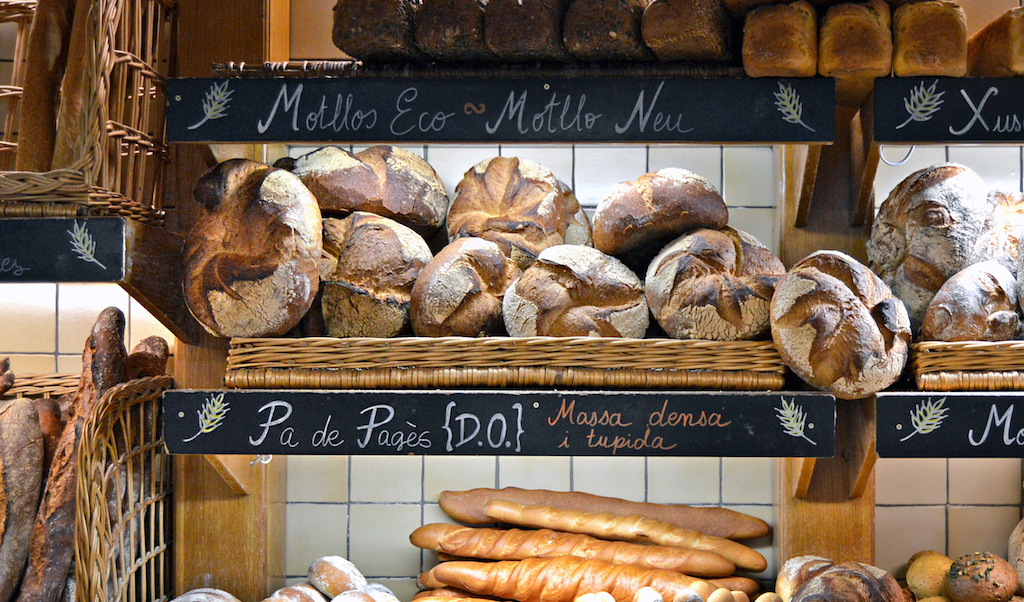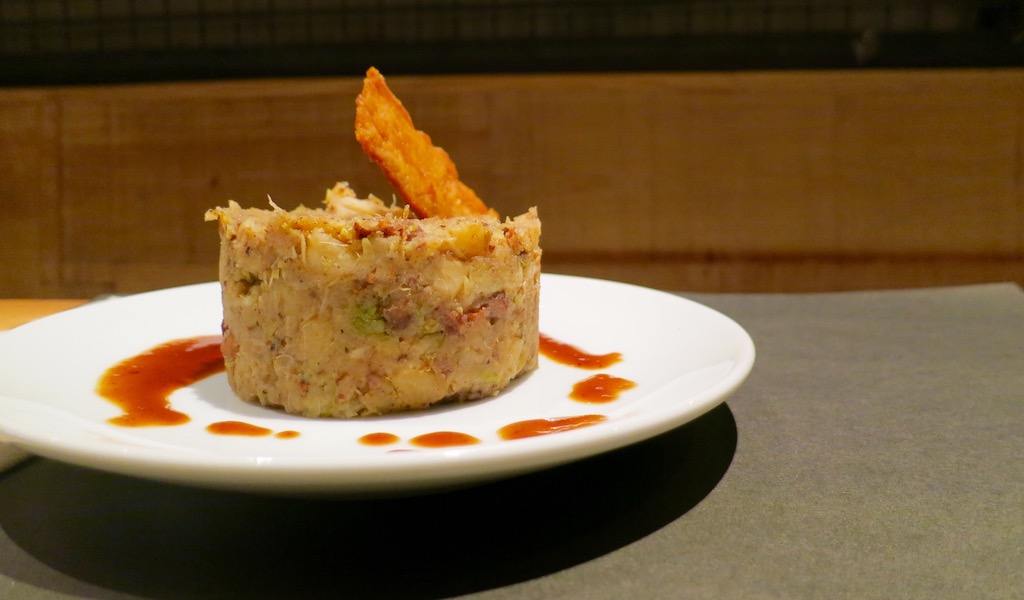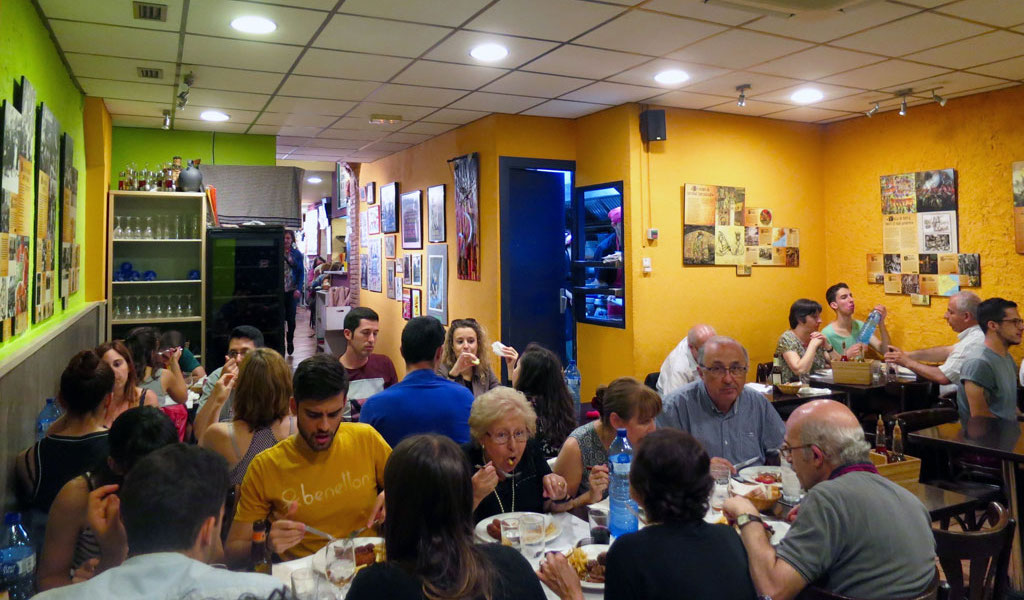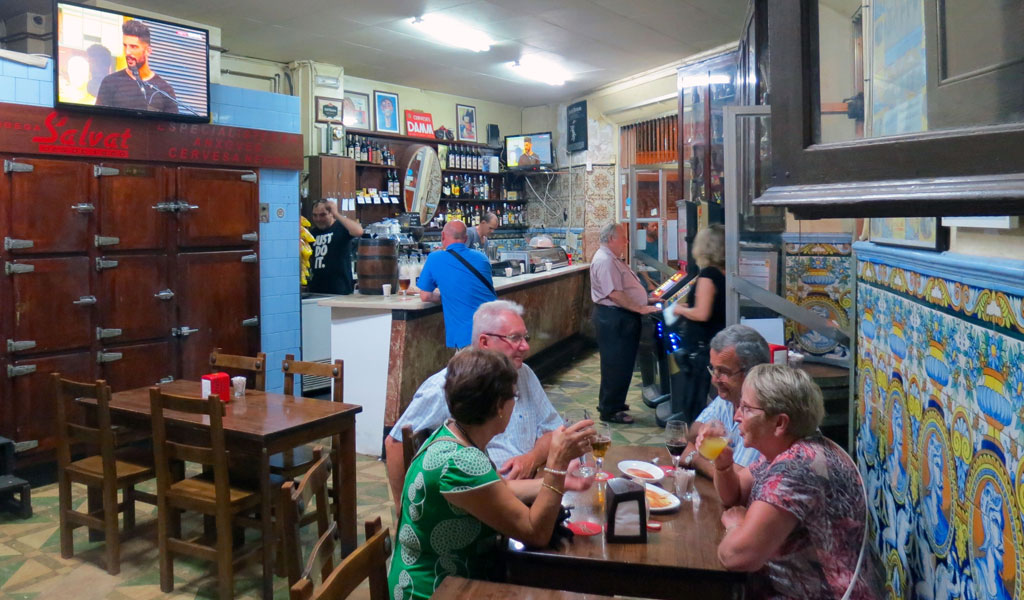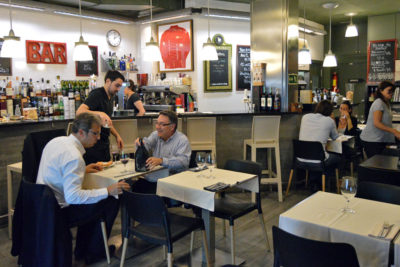We can't find the internet
Attempting to reconnect
Something went wrong!
Hang in there while we get back on track
Search results for "Mireia Font"
Barcelona
Shared Concerns: Can Spanish Eating Traditions Survive the Pandemic?
One communal dish in the middle of the table attracting various fingertips and forks – it’s an image common to numerous countries. From tagine in Morocco to wot in Ethiopia, mezes in the Mediterranean and the Middle East to banchan in Korea, sharing plates is a defining feature of many culinary cultures. In Spain, the quintessential shared-plate experience is tapas, with paella a close second. And what’s not to love about eating this way? It brings us together, it’s more indulgent, as it gives everyone the chance to try everything, and it reduces food waste. Furthermore, research has found that eaters who consumed food together from a common plate or bowl are more cooperative and less competitive, making it easier for them to agree on controversial issues.
Read moreBarcelona
Blessed Bakery: Convent Sweets from Santa Maria de Jerusalem
When we think of Spanish convent pastries, we imagine a group of old nuns gathered together in the dark and humble kitchen of some small Gothic or Baroque cloistered convent, hidden away in the old part of town. We picture them working quietly, baking elaborate, time-consuming treats from ancient recipes that have been passed down over the centuries by the previous nuns who lived there. Yet when it comes to the only convent in Barcelona that still makes sweets to support themselves, we should throw our biases out the window – Santa Maria de Jerusalem defies all stereotypes.
Read moreBarcelona
Building Blocks: Catalan Farm Bread, King of the Table
While English speakers “bring home the bacon,” Spaniards “bring home the bread.” Indeed, bread plays a central role in Spanish and Catalan cuisine, acting almost as an essential ingredient in its own right, rather than simply playing the role of sidekick to other dishes. In Catalonia there are hundreds of bread varieties that are readily available, yet it is the rustic pa de pagès, “farm bread,” that is king. Take the iconic pa amb tomàquet, bread rubbed with tomato, olive oil and salt, used in sandwiches and as an accompaniment for tapas and meals. While all sorts of loaves can be used for this humble yet essential dish, afficionados consider pa de pagès to be the best.
Read moreBarcelona
Cold Comfort: Trinxat, Catalonia’s Winter Trinity
Three humble ingredients – potato, cabbage and bacon – that’s all it takes to cook trinxat, the quintessential Catalan wintertime comfort dish. Potatoes and cabbage are boiled and mixed with fried bacon, and everything is cooked as a mash in a pan until it resembles a potato omelet. Its simple ingredients and even simpler preparation are exactly what make this dish so delicious. The equivalent to the British bubble and squeak, trinxat means “chopped” or “shredded” in Catalan. The relatively high altitude of Andorra and the Catalan Pyrenees brought with it harsh winters, food shortages and long periods of isolation, so in the past, people living in the region had to come up with a recipe that could help them cope with the adverse conditions.
Read moreBarcelona
Terra d'Escudella: Homage to Catalonia
“We may find in the long run that tinned food is a deadlier weapon than the machine-gun,” wrote George Orwell. He knew quite a lot about poor diets, as he came to Catalonia in 1936 to fight against fascism during the Spanish Civil War. He joined the leftist political party and then a militia that fought on the Aragón front for six months, so it’s quite likely that he had tinned food at some point – but only on rare luckier days. In his war diary, Homage to Catalonia (1938), he wrote about craving food at the front as well as many other remarkable experiences that he endured in that period.
Read moreBarcelona
Bar Bodega Salvat: Home Sweet Bar
Some sociologists say that Spanish society and culture can’t be properly understood without spending time in its bars. You can find bars in mountain refuges, subway stations, on the beach and by the highway. In Barcelona, there are as many bars as taxis and ten times more bars than bookshops. In fact, a recent study by Coca-Cola found that in Spain there’s a bar for every 132 Spaniards. The same study points out that a third of Spaniards wouldn’t hesitate to leave their house keys at their local bar and that two-thirds of them are on a first-name basis with the employees there.
Read moreBarcelona
Best Bites 2016: Barcelona
Barcelona continued to thrill this year with its seemingly never-ending possibilities for great eating, from ambitious family-run eateries to neighborhood restaurants steeped in Catalan traditions to world-renowned temples of gastronomy. Granja Elena With its great gastronomic aspirations and a solid foundation in farm-to-table cooking and traditional Catalan recipes, this small Zona Franca granja (literally “farm”), which was been passed down through three generations, has gone from a simple shop serving breakfast and snacks to a full-blown restaurant and total culinary wonder. Run by the Sierra-Calvo family since 1974, Granja Elena is now helmed by the third generation, who are all industry professionals: Borja runs the kitchen, Patricia the wines and Guillermo the dining room.
Read more